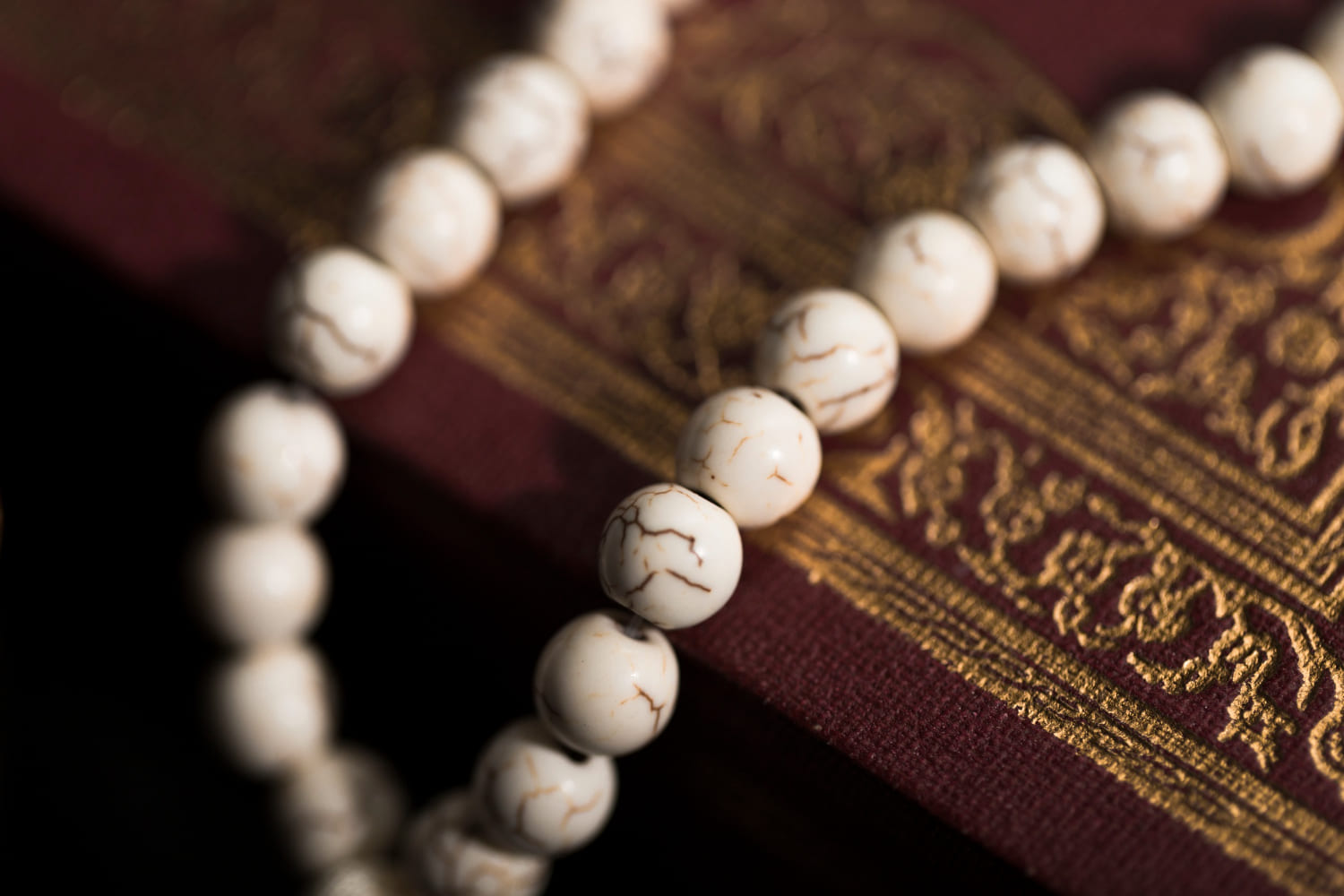Tattoos are no longer as taboo as they once were, but only to a certain extent. For some religions, there are some very traditional and sacred beliefs about tattoos on either side of the spectrum.
In the Jewish faith, can Jews get tattoos?
No, it is a fairly strongly held belief in the traditional Jewish faith that tattoos are not acceptable. There is some scripture in the Torah that seems to reference tattoos and similar types of markings in particular.
It doesn’t say the word tattoo, as that wasn’t always the specific term used to refer to permanent markings on the body.
Outside of what the Torah says about tattoos, the religion also holds some beliefs about how the physical body should be treated that coincide with avoiding tattoos.
What Does The Jewish Faith Teach About Tattoos?
Within the Torah in the Book of Leviticus, there is a verse that refers to making markings on your body.
The verse says that you shouldn’t make any cuts or markings into your skin, which is technically what a tattoo entails.
That said, there’s not a widespread consensus as to what kind of markings this scripture refers to, as many interpret the verse differently.
Some have interpreted the part of the scripture that says “I am the Lord” not as a declaration that the verse was the word of God, but that it is meant to say that you shouldn’t have God’s name tattooed on your body.
There is also a part of the verse that makes mention of making gashes on your body for the dead, which can be interpreted to mean that no tattoos commemorating someone who has passed away are allowed.
Why Don’t Jews Get Tattoos?
Even though the Torah could be read to mean different things by many, there is a general understanding amongst most rabbis responsible for spiritual mentorship that tattooing isn’t allowed.
Outside of what the scripture may or may not mean, there is more to what tattoos represent that isn’t appreciated by the Jewish faith in general.
The physical body is seen to be a gift given by God that is meant to be treated with respect as it’s not something that ultimately belongs to us.
As such, getting a tattoo can be seen as intentionally causing damage or harm to this God-given present.
In particular, this tenet is known as b’tzelem Elokim, or in the image of God.
What Happens If A Jew Has A Tattoo?
If a person who practices Judaism has a tattoo, it is considered to be a violation of both Shabbat and Kashrut laws. These are two very sacred and important guides that Jews are meant to abide by.
This doesn’t mean, however, that no Jews have tattoos. Some people may have gotten a tattoo before converting to Judaism or may have had a lapse in faith before being brought back into it.
As such, having a tattoo in and of itself would not be something that would brand a Jewish person unfaithful.
Even though the faith is against tattoos, one can still participate in Jewish practices, such as synagogues.
While this doesn’t liberate a Jewish person from following the rules around tattoos, there are technically no rules about what someone with tattoos can or cannot do in the faith.
Are There Any Exceptions To Jews Getting Tattoos?
There are very few exceptions to the rules around tattoos in Judaism.
It would not be held against a person that was involuntarily subjected to a tattoo or other permanent marking on their body.
If a marking is temporary or medically necessary, this isn’t considered a violation either.
It is only a tattoo that someone chooses to get on their body that would be considered a violation of Shabbat and Kashrut.
Final Thoughts
It can be conflicting for a person of faith to make a choice based on scripture or rules that are not set in stone.
The issue of tattooing is one that many Jews have strong feelings about, while others may not be concerned about tattoos so long as the subject matter doesn’t disrespect the faith.
If you are one who holds the Jewish faith in high esteem, it might be best to avoid the tattoo shop.







